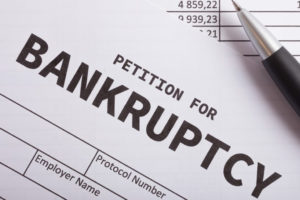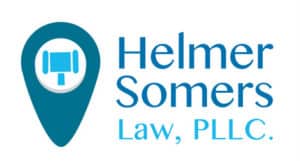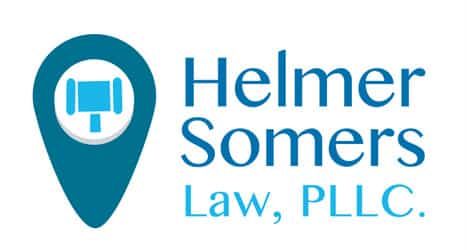
Filing for bankruptcy can be one of the most stressful times in your life. If you have realized that you do not have the funds to make your payments due this month or that you are close to defaulting on auto loans it is time to bite the bullet and file for bankruptcy. Rest assured, a bankruptcy attorney can review your information and know which option Chapter 7 or Chapter 13 bankruptcy will work best for you. and which will allow you to continue to provide for your family and give you a fresh financial start.
The Means Test
Congress passed a law that is referred to as the Bankruptcy Abuse Prevention and Consumer Protection Act. It makes it harder to file for bankruptcy for high income earners. Today to file for bankruptcy you need to take a means test that will determine your assets and income versus your ability to pay your debts. Thus, to be able to file for bankruptcy, you must meet all of the conditions that include passing the means test as well as getting credit counseling. We would advise you to seek the counsel of a bankruptcy attorney who has handled many cases to determine if you qualify for bankruptcy.
Chapter 7
The bankruptcy “means test” determines whether your income is low enough for you to file for Chapter 7 bankruptcy. It’s a formula designed to keep high-wage earners from filing for Chapter 7 bankruptcy. High-income filers who fail the means test can use chapter 13 bankruptcy to repay a portion of their debts but won’t be able to use chapter 7 bankruptcy to wipe out their debts altogether. However, chapter 7 means test isn’t for only the penniless. You can earn significant monthly income and still qualify for Chapter 7 bankruptcy if you have many expenses, such as a high mortgage and car loan payments (although they must be reasonable). Chapter 7 bankruptcy involves liquidation. The bankruptcy trustee collects and sells all non-exempt assets. The trustee then uses the proceeds to pay the creditors. Liquidation of all assets may contribute to the debtor getting a fresh start. It does not discharge tax liens, student loans, alimony, or debts obtained through fraud. This type of bankruptcy will not allow you to get rid of a lien, so a creditor will still have the option to take the property attached to the lien.
Chapter 13
Chapter 13 bankruptcy involves reorganization and gives an individual more advantage than chapter 7. It provides the ability to save a home from foreclosure by stopping proceedings and continuing to make mortgage payments. A chapter 13 bankruptcy is also called a wage earner’s plan. It enables individuals with regular income to develop a plan to repay all or part of their debts. Under this chapter, debtors propose a repayment plan to make installments to creditors over three to five years. If the debtor’s current monthly income is less than the applicable state median, the plan will be for three years unless the court approves a longer period “for cause.” If the debtor’s current monthly income is greater than the applicable state median, the plan generally must be for five years. In no case may a plan provide for payments over a period longer than five years. During this time the law forbids creditors from starting or continuing collection efforts.
The Average Time Line for Debts to Be Discharged
In most cases, those who file under Chapter 7 will obtain a discharge in three to five months. For chapter 13, the discharge does not come about until all payments are complete. This may take between three to five years. After you file for bankruptcy protection, your creditors can’t call you, or try to collect payment from you for medical bills, credit card debts, personal loans, unsecured debts, or other types of debt. Wage garnishments must also stop immediately after filing for personal bankruptcy. Bankruptcy can sound scary, but it might be a necessary step to realign your finances and move forward without debt piling ever higher upon you. No matter what, reach out for help with professional advice and stay informed on your rights and options—your situation is never hopeless.
We are committed to helping families resolve legal challenges and get back to their lives. We offer the guidance and support that you will need when you are involved with the legal system.
Contact Us (859-371-0730) for a Consultation Today
—

About Helmer Somers Law
Helmer Somers Law helps individuals and businesses navigate the complex system of rules that accompany all legal situations. We are licensed to practice in both Kentucky and Ohio and offers flexible, affordable payment terms for our services. We welcome the opportunity to earn your trust and become your lawyer for life! It’s a fact of life in the modern world. There comes a time for virtually every adult American when the services of a competent, dedicated lawyer are required. Circumstances such as divorce, bankruptcy, estate planning or an income tax audit demand that your rights be protected, and your long-term interests advocated for with diligence and perseverance. When you call Helmer & Somers Law, you can rest assured that they will be.
